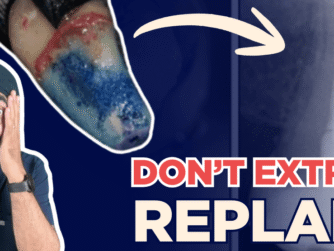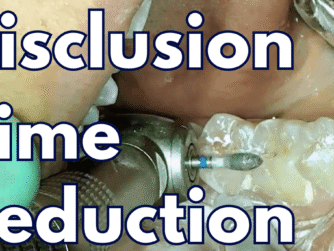Podcast: Play in new window | Download (Duration: 34:24 — 50.1MB)
Subscribe: RSS
Because You’re Worth It – this episode is your L’Oréal moment 😉
How to take pride in what you charge.
Stop Diagnosing wallets and giving discounts, these negative practices hurt our business and highlight a mindset issue.
In this ‘Ask Jaz’ episode I discussed all the reasons why you need to STOP underselling yourself, starting from a lesson me and my wife learned in Singapore.
I explored common reasons behind this trend, such as fear of rejection and a lack of confidence, particularly among new practitioners. I shared my perspective, emphasizing the importance of building confidence through continual learning and practical experience.
I also discussed the concept of ‘neuro-fiscal drag’ – the phenomenon where a figure in your mind gets substantially reduced by the time it comes out of your mouth. This mindset often leads to dentists undercharging for their services. It’s crucial for dental professionals to take pride in their work and understand the value they bring to their patients. After all, we’re not just providing a dental service; we’re restoring confidence and quality of life.
Remember, valuing your work appropriately is not just about financial gain; it’s about respecting the skill, effort, and care you put into each procedure.
Need to Read it? Check out the Full Episode Transcript below!
Highlights of the Episode:
0:00 Opening Snippet
0:52 Experience in Singapore
4:24 The Late Night Emergency
5:37 Don’t apologize for your fee
6:32 Introduction
10:24 Neuro-fiscal Drag
11:38 Why NOT to give Discounts
13:37 Don’t diagnose wallets
15:03 Gaining Confidence
23:35 When a patient laughed at the fee!
32:42 Protrusive Guidance
If you liked this episode, you will also like Think Comprehensive – Communication Gems with Zak Kara – PDP010
Did you know? Whilst this episode is not eligible for COD, you can get over 220 hours of CPD from the Web App or Phone App and watch premium clinical videos, for less than a tax deductible Nando’s per month!








[…] If you loved this episode, be sure to check out Value Your Skills – How to Stop Underselling Yourself – AJ006 […]